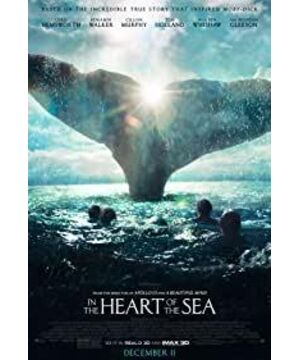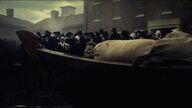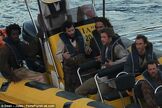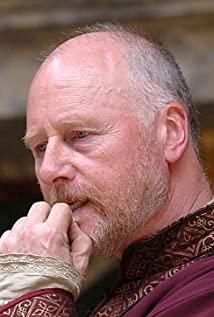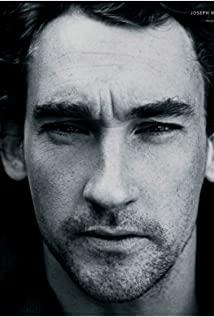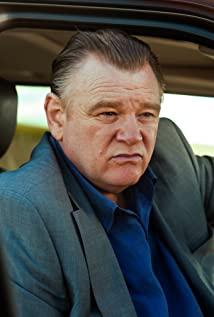Last night, I watched "Deep Ocean". After a whaling ship went out to sea for more than a year without any harvest, it sailed further to the Pacific equator, where I finally found a group of whales, but also encountered a super destructive force. Beluga. No whales were caught, and the boat was attacked and sank by belugas. People rescued the only water and food they could only float 2,000 miles to land in small boats. People are brave, but no matter how strong they are, they cannot resist hunger, thirst and despair. Man's claim to be the son of God finally receives the merciless mockery of nature. The whales followed all the way, waiting for an opportunity to retaliate. During the period, the three boats also tried to fight the beluga whale, but there was no possibility of success. The beluga whale under the water was so huge, it was covered with old and new scars, but it still couldn't be broken. The people on the boat were weak and life-threatening. When they reached 1200, someone suddenly found the land. Everyone was very excited, as if they were not so hungry. But at this time the whale appeared again and mercilessly overturned the boat. The survivors fled ashore with the last ounce of strength, only to find that it was a barren island, where only the occasional seabird would stop for a while. The next day, most decided to return to sea to continue drifting east, but a few people were reluctant to go back to sea. Rafting is hard, but finding hope is a little better than waiting for hope. The days that followed became more and more difficult for the group, with lost contact between the boats, disease, death, and starvation. The survivors on one boat even began to eat the flesh of their dead companions, while the other had no such "good luck", and they had to draw lots and decide to commit suicide to donate their flesh. I don't know how long it took, not far from the mainland, they were finally discovered by merchant ships. The people on the merchant ship looked in amazement at the two remaining skinny people in a trance on the boat, and the ship full of bones.
Life is great and sinful, and they survived strong, but no one wants to look back on how they survived. Humans depend on other beings for a living, either by being helped by them, or by eating them directly. And the lines between greatness and evil are often blurred.
The above stories were all told to others by a sailor who was only 15 years old. He was reluctant to open his mouth, but he found that the people were much better after telling the story. Originally, the listener would have to pay a lot of money to tell the story, but he did not intend to finish the story. I want money. This is a kind of spiritual redemption.
At the same time, the film should be a period of evil in 19th century capitalism. Labor-management relations are tense, and capitalists are heavily exploited. Because of the big profits they want to get, the capitalists have tied a boat of 10 to 20 laborers' lives to the terrible hands of nature and tied them to the high-risk, time-consuming and unenvironmental work of whaling. .
View more about In the Heart of the Sea reviews


